"Elections would work to SNS advantage"
If elections were to be called now, the opposition Serb Progressive Party (SNS) would benefit most, according to analysts.
Monday, 28.09.2009.
11:53

If elections were to be called now, the opposition Serb Progressive Party (SNS) would benefit most, according to analysts. Results from surveys done over the last months show that they are right behind the strongest party in Serbia, the Democratic Party (DS), after taking about 70 percent of the Serb Radical Party’s voters. "Elections would work to SNS advantage" The SNS split from the Radicals last fall. The party's popularity has increased over the last year, even though it is the youngest on the Serbian scene, since, according to those taking part in the surveys, the people who lead the party are well known to the public. “Voters have good memory and know what Nikolic said before forming his new party. He moved from one party that was extreme in a way, towards something acceptable. That is a conservative stance. You can find parties that share the stances of the Serb Progressive Party all around Europe,” CeSID's Zoran Lucic explained. Analyst Srbobran Brankovic believes that the SNS took a big step considering that it was formed recently, adding that its progress is linked to social dissatisfaction and the feeling that corruption and crime are increasing. “We have had perhaps hundreds of cases of new parties being formed and none of them have appeared on surveys, their support has not been registered. The SNS has really made progress that I have never seen happen in the recent political history of Serbia. This progress speaks that they can take it farther, too,” he said. According to Brankovic, the main turnaround the paety had was that it realized that one "cannot gain massive support in Serbia on an anti-European platform", adding that "the hardest thing" for the party will be to explain to their supporters and those that don't back them what is it that separates them from their "new political allies". “There are those who think that one is either on one side or the other. Now you have crossed to this side, and you must define how you are different from the ones you have joined,” he said. “I think that is their great weakness, but they position and distance themselves from the parties in government because they have a good image among voters for facing questions of social justice and fighting crime and corruption,” Brankovic said. Lucic, meanwhile, commented that the Democrats and the SNS are the two big parties in Serbia that can take between 60-65 percent of the vote in elections. “When you look at the quality of their voters, they might be less educated than DS voters, they are a little bit more rural. But those are the voter groups that have gotten closer. There is now the possibility of switching over between the two groups, which was ruled out earlier,” he said. SNS leader Tomislav Nikolic said that in elections, his party would cooperate with "all but a couple of parties in the current government and two from the opposition".
"Elections would work to SNS advantage"
The SNS split from the Radicals last fall.The party's popularity has increased over the last year, even though it is the youngest on the Serbian scene, since, according to those taking part in the surveys, the people who lead the party are well known to the public.
“Voters have good memory and know what Nikolić said before forming his new party. He moved from one party that was extreme in a way, towards something acceptable. That is a conservative stance. You can find parties that share the stances of the Serb Progressive Party all around Europe,” CeSID's Zoran Lučić explained.
Analyst Srbobran Branković believes that the SNS took a big step considering that it was formed recently, adding that its progress is linked to social dissatisfaction and the feeling that corruption and crime are increasing.
“We have had perhaps hundreds of cases of new parties being formed and none of them have appeared on surveys, their support has not been registered. The SNS has really made progress that I have never seen happen in the recent political history of Serbia. This progress speaks that they can take it farther, too,” he said.
According to Branković, the main turnaround the paety had was that it realized that one "cannot gain massive support in Serbia on an anti-European platform", adding that "the hardest thing" for the party will be to explain to their supporters and those that don't back them what is it that separates them from their "new political allies".
“There are those who think that one is either on one side or the other. Now you have crossed to this side, and you must define how you are different from the ones you have joined,” he said.
“I think that is their great weakness, but they position and distance themselves from the parties in government because they have a good image among voters for facing questions of social justice and fighting crime and corruption,” Branković said.
Lučić, meanwhile, commented that the Democrats and the SNS are the two big parties in Serbia that can take between 60-65 percent of the vote in elections.
“When you look at the quality of their voters, they might be less educated than DS voters, they are a little bit more rural. But those are the voter groups that have gotten closer. There is now the possibility of switching over between the two groups, which was ruled out earlier,” he said.
SNS leader Tomislav Nikolić said that in elections, his party would cooperate with "all but a couple of parties in the current government and two from the opposition".










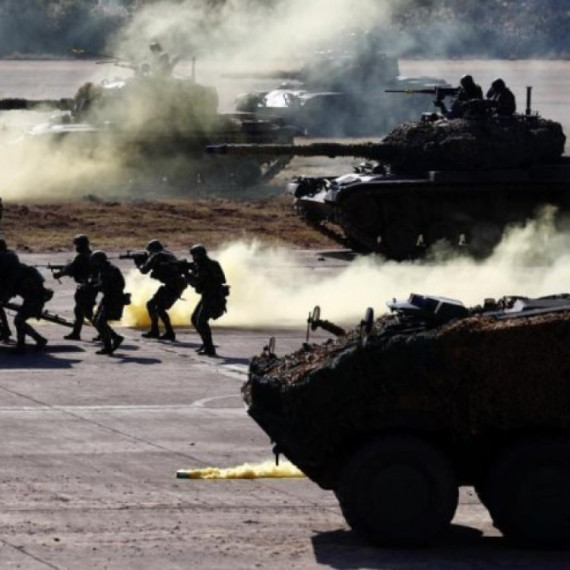

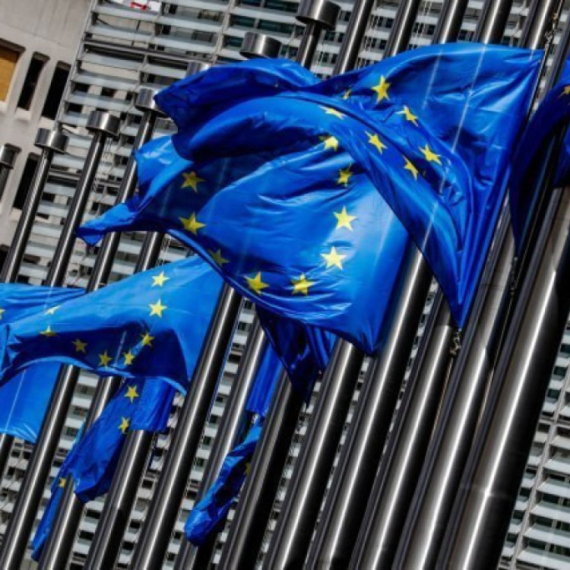
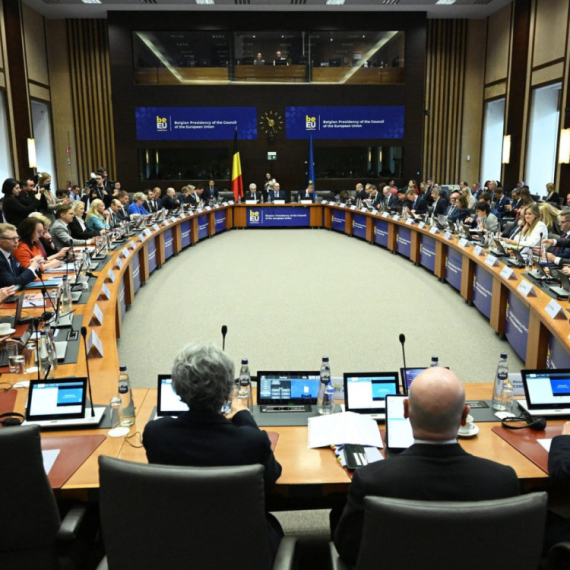
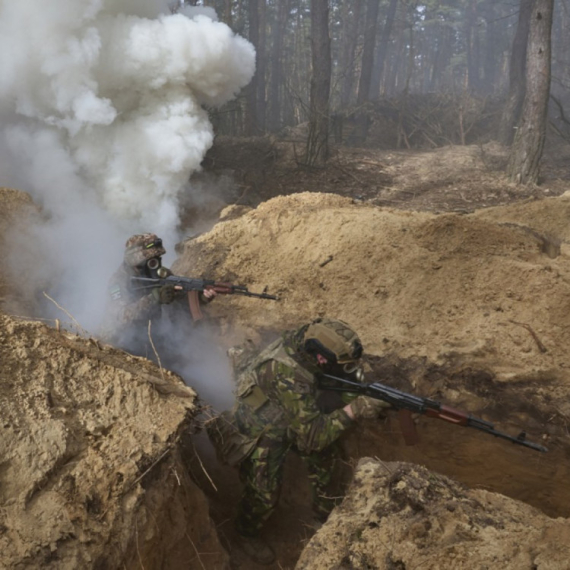





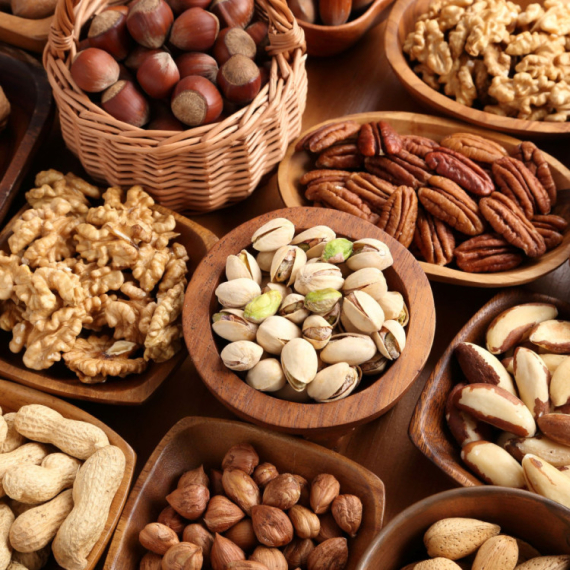





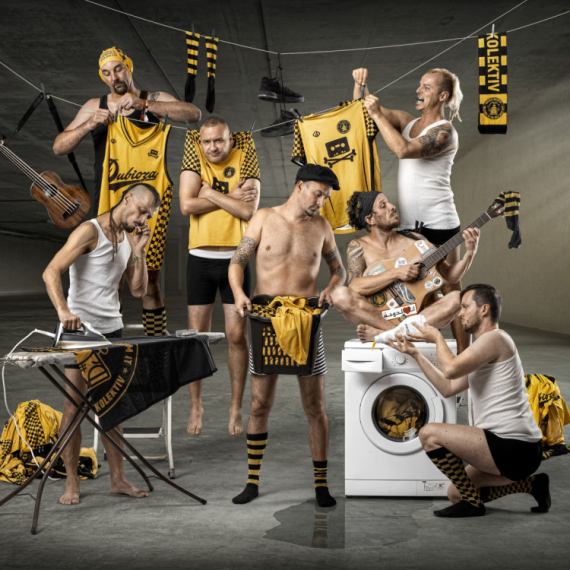

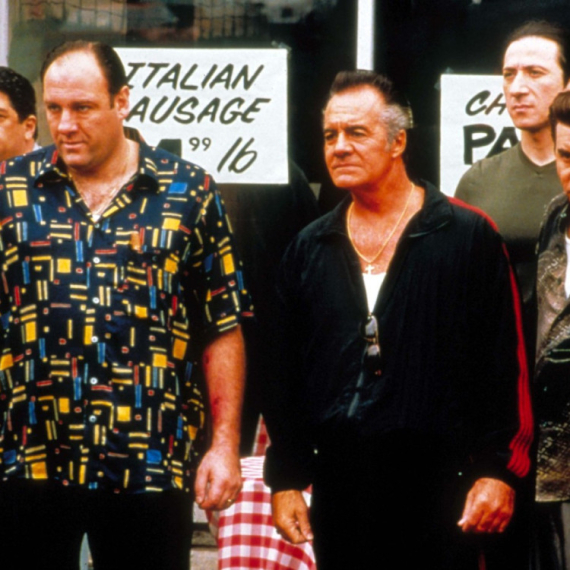






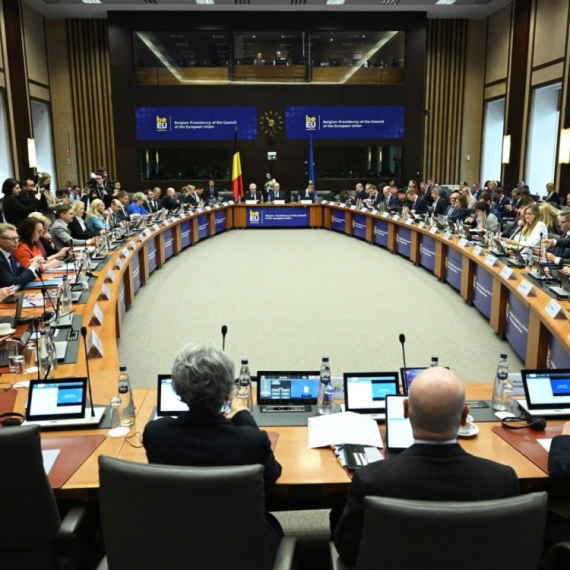
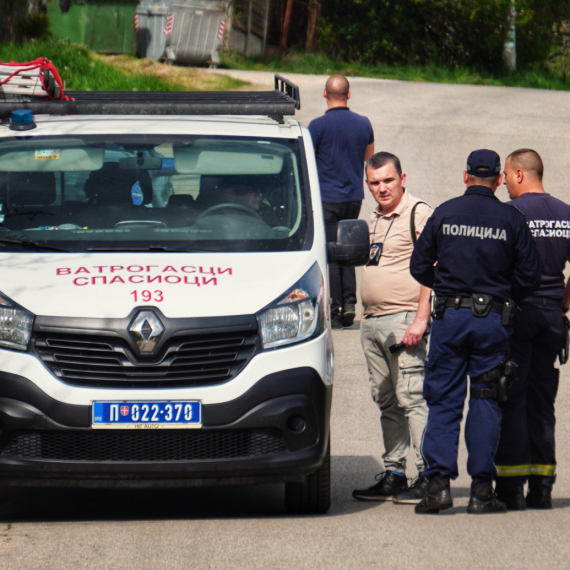
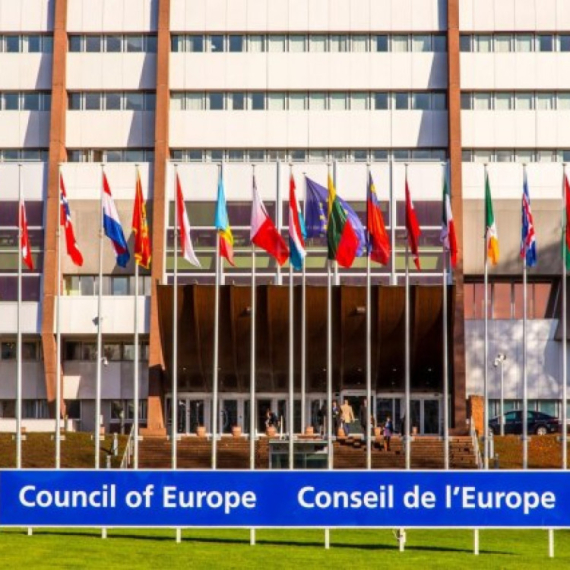






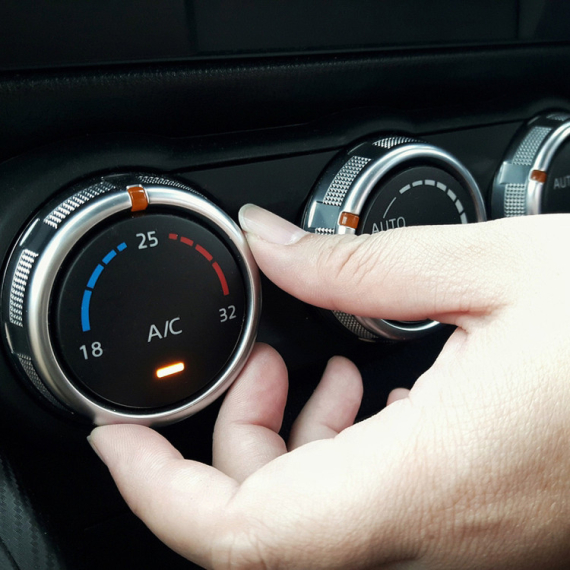





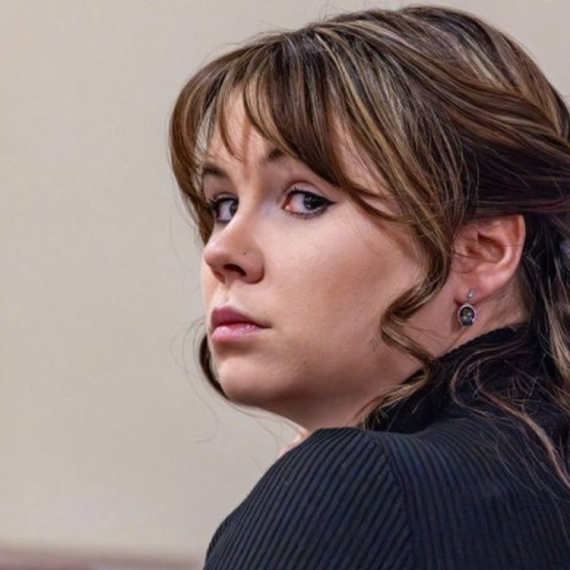
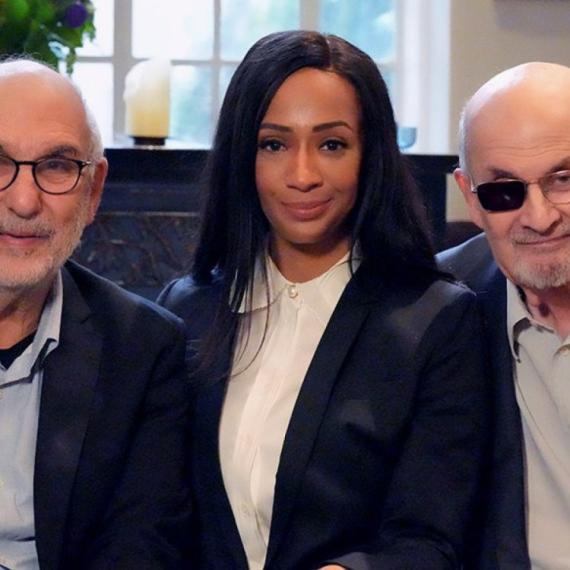
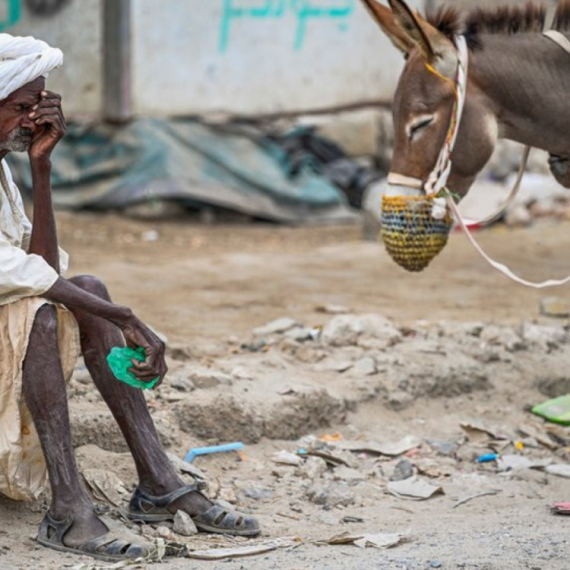
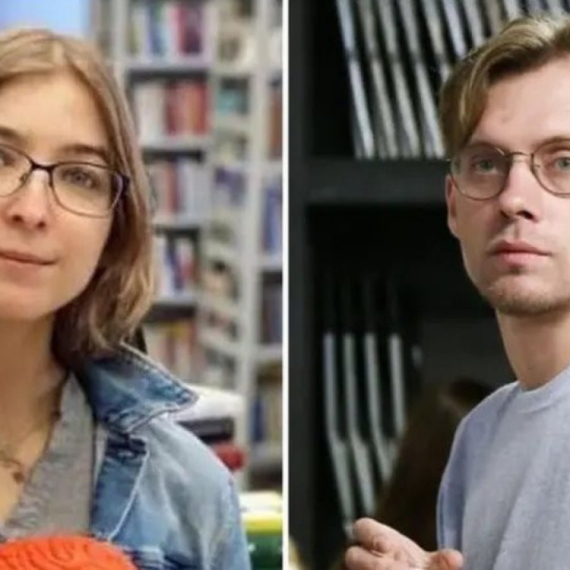

Komentari 2
Pogledaj komentare